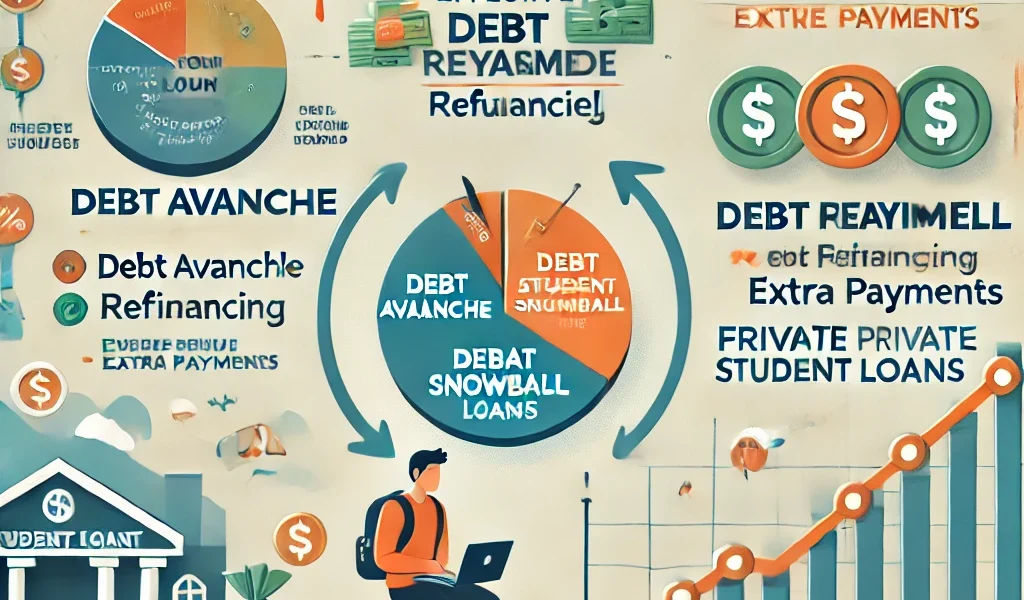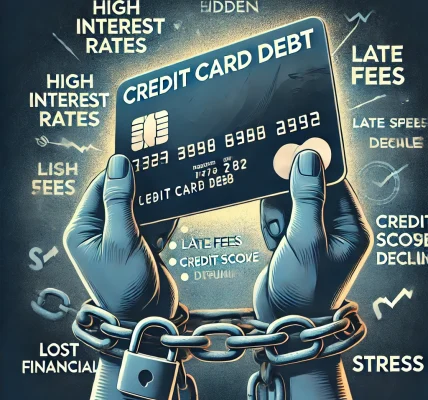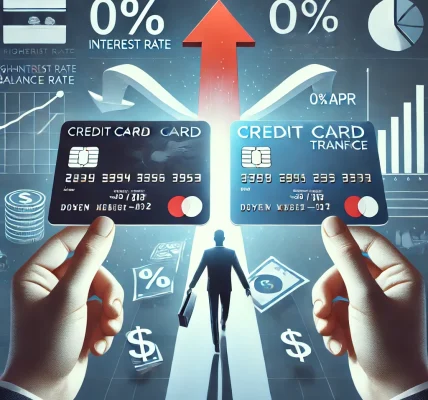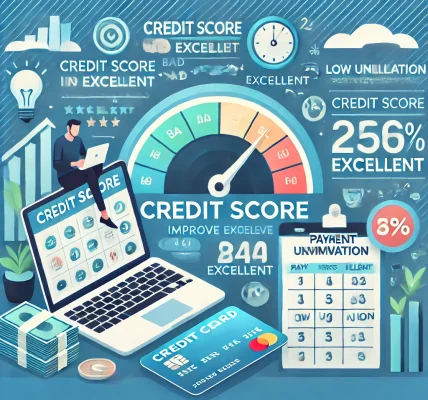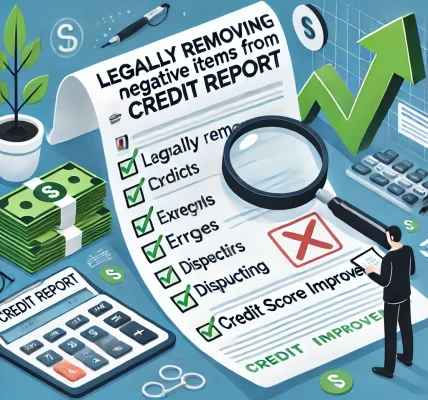Student loan debt is a significant financial burden for millions of people. The key to managing it effectively is having a solid repayment strategy that helps you reduce interest costs and pay off the debt faster. In this guide, we’ll explore proven tactics to eliminate student loan debt efficiently while avoiding legal complications and financial hardship.
Understanding Your Student Loans
Before choosing a repayment strategy, it’s crucial to understand the type of student loans you have:
- Federal Student Loans – Loans issued by the government, with benefits like income-driven repayment (IDR) plans and loan forgiveness programs.
- Private Student Loans – Loans from banks or private lenders, usually with fewer flexible repayment options.
Knowing your loan type will help determine the best repayment plan.
Top Strategies to Pay Off Student Loans Faster
1. Pay More Than the Minimum Payment
- Making extra payments reduces your principal balance faster, lowering interest costs.
- Even an additional $50–$100 per month can significantly shorten your loan term.
- Contact your loan servicer to ensure extra payments apply to the principal, not future interest.
2. Refinance Your Student Loans
- Refinancing can lower your interest rate if you have good credit and stable income.
- This option works best for private loan borrowers who don’t need federal benefits like loan forgiveness.
- Compare multiple lenders to secure the best rates and terms.
3. Enroll in an Auto-Pay Program
- Many lenders offer a 0.25% interest rate discount for setting up automatic payments.
- Auto-pay ensures timely payments, preventing late fees and credit score damage.
4. Use the Debt Avalanche or Debt Snowball Method
- Debt Avalanche: Pay off loans with the highest interest rate first to save money on interest.
- Debt Snowball: Pay off the smallest loan balance first to build momentum and motivation.
Both methods help organize your repayment plan and accelerate debt freedom.
5. Increase Your Income and Direct Extra Earnings to Loans
- Take on side gigs, freelancing, or part-time jobs to generate extra income.
- Allocate windfalls like tax refunds, work bonuses, or stimulus checks to loan payments.
- Consider career advancement or salary negotiation to boost long-term earnings.
6. Make Biweekly Payments Instead of Monthly
- Split your monthly payment into two smaller payments every two weeks.
- Results in one extra full payment per year, reducing your total loan term.
7. Apply for Loan Forgiveness or Repayment Assistance Programs
For federal student loan borrowers, explore:
- Public Service Loan Forgiveness (PSLF): Available for government and nonprofit employees after 120 qualifying payments.
- Income-Driven Repayment (IDR) Forgiveness: Remaining loan balances are forgiven after 20–25 years of payments under an IDR plan.
- Teacher Loan Forgiveness & Other Assistance Programs: Available for educators, healthcare workers, and military personnel.
Check eligibility and application requirements to take advantage of these options.
8. Consider Employer Student Loan Repayment Assistance
- Many companies now offer student loan repayment benefits as part of their compensation packages.
- Check with your employer to see if they provide assistance programs or tuition reimbursement.
9. Live Below Your Means and Cut Unnecessary Expenses
- Create a budget to track and minimize non-essential expenses.
- Reduce discretionary spending on dining out, subscriptions, or luxury items.
- Use savings from budget cuts to make additional student loan payments.
10. Avoid Student Loan Scams and Predatory Lenders
- Be cautious of companies offering “instant loan forgiveness” or charging high fees for services you can do for free.
- Only rely on official government websites (StudentAid.gov) or reputable lenders for loan-related information.
Frequently Asked Questions
Should I Pay Off Student Loans Early or Invest Instead?
- If your loan interest rate is above 6%, prioritizing student loan repayment may be more beneficial.
- If you have low-interest loans (3–5%), consider balancing debt repayment with investments in retirement accounts.
Can I Make Lump-Sum Payments on My Student Loans?
- Yes! Large payments towards the principal significantly reduce interest accumulation and total repayment time.
Will Paying Off My Student Loans Early Hurt My Credit Score?
- No, paying off student loans early can improve your credit by reducing debt-to-income ratio and increasing available credit.
Final Thoughts: Take Control of Your Student Loan Debt
Paying off student loans faster requires dedication, strategic planning, and smart financial decisions. The sooner you implement these strategies, the less you’ll pay in interest, and the faster you’ll achieve financial freedom.
